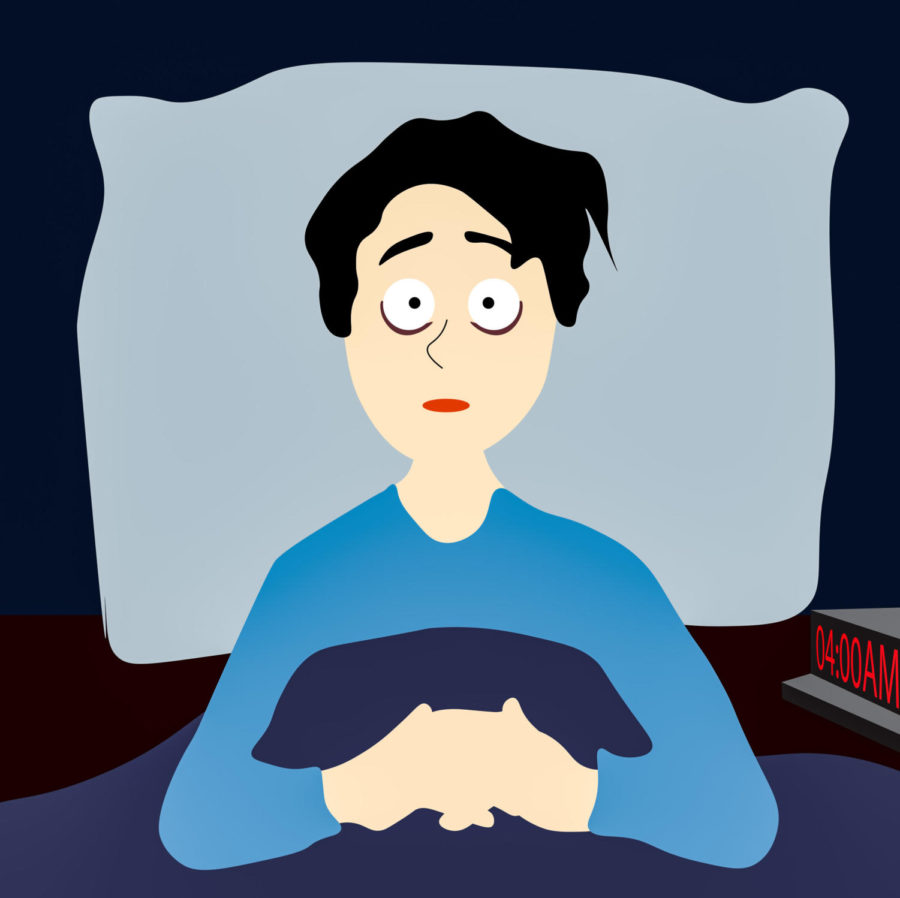Mental health series discusses sleep deprivation
Establishing exercise routine, balancing studies, social life is important
Sleep disturbances can impact memory and decision making because the part of the brain responsible for processing memory is uniquely susceptible to damage.
March 12, 2021
WSU students learned how sleep deprivation impacts wellbeing and performance in class during a Real Talk Thursdays event hosted by Cougar Health Services.
Sleep deprivation is neurotoxic, which means it can affect neurons and damage one’s brain, psychology graduate student Brenna Boyd said.
“Over time this can actually increase your risk of developing things like dementia or Alzheimer’s disease later on in life,” Boyd said.
Sleep disturbances can also impact memory and decision making because the part of the brain responsible for processing memory is uniquely susceptible to damage, she said.
Boyd said mood regulation can become an issue for those who have a hard time sleeping since the body’s ability to process hormones may be interrupted. People who are diagnosed with anxiety or depression can have a harder time controlling their emotions on low sleep.
Lack of sleep also makes it harder for the human body to control blood sugar, potentially causing weight gain. Boyd said this means individuals with diabetes need to be extra aware of sleeping habits.
Sleep deprivation can vary from those who have a difficult time falling asleep to those who wake up multiple times during the night, graduate student Jamie Li said.
Li said prolonged sleep deprivation can have long-term effects, such as concentration and information processing issues. This is because individual memories are encoded into the brain during sleep.
Having a healthy sleep schedule in college is difficult. Boyd said balancing studies and social life creates an inconsistent rhythm that is hard to keep up with, not to mention the college tendency to spend weekends at parties.
“What we know is that a consistent schedule is really important for regulating sleep,” Li said. “So for people who the pandemic really disrupted, they might have even more difficulties with sleep.”
Boyd said one way people can make sure they are tired at the end of the day is to have a good exercise schedule. Exercising regularly tires the body out and can help repair brain damage from previous sleep deprivation.
Individuals should also watch out for what they eat and drink at the end of the day. Eating less than two hours before going to bed can cause digestive issues. Drinking caffeinated beverages less than six hours before bed is also not recommended, Li said.
Li said avoiding screens before bed is also important.
“If you do need to use screens before bed, try to use a filter that reduces the blue light or keep it at a lower light level,” she said.










